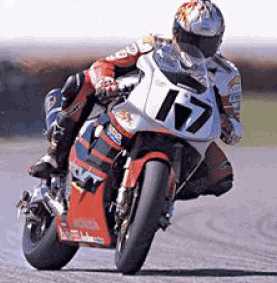Awhile back, my son got a new phone and was demonstrating its native voice recognition software. The phone, which uses the Google engine, could answer some questions such as, “What is tomorrows forecast?” without him ever removing the phone from his pocket. However, his demonstration ran into problems locating answers to other questions such as, “How do you drive a car? ”Being in a teachable moment, I began to explain to him the difference between explicit and tacit knowledge.
One of the problems with obtaining any kind of knowledge, especially when it comes to business, is that while some kinds of knowledge can be easily codified and articulated to others, there are also some forms of knowledge that are much harder to pass on.
A non-fiction book about how to play better golf is a good example of capturing and sharing what is known as explicit knowledge. However, while I can read a book or even watch a video to learn to play better golf, which would be considered explicit knowledge, there is no substitution for actually playing golf to take that explicit knowledge to the next level.
Explaining how to ride a bike can only go so far. To truly ride a bike requires knowledge you can really only obtain by trying to ride a bike.
When I gave up riding motocross bikes for a street bike many years ago, I had to take a written test to get my motorcycle endorsement. In the study materials, they attempted to convey a piece of information which would make no sense to someone without some degree of tacit knowledge learned from actually riding a motorcycle.
The manual said, “to make a right turn, turn the handlebars to the left.” When I read it, I was sure it was a typo. I had ridden bikes for years and was sure I turned right to go right.
Defiantly, I dropped the manual, hopped on my bike, and tried it. Sure enough, they were right. We all had been turning left to steer the bike to the right ever since learning to ride a 2-wheeler bicycle as a small child, but we never could have explained the action to others in a way that would have made sense to them.
You can take all the business courses on the planet to learn how to start and run a business, but nothing substitutes for actual experience. So how does someone get that experience without risking it all? Take baby steps.
Robert Kiyosaki, the author of “Rich Dad Poor Dad”, discussed the value the game Monopoly had in his education when he wrote that “you buy four green houses and trade them in for a red hotel.” The message here is that to have a successful business you don’t buy the red hotel right out of the gate. You build up your tacit business knowledge so that when you can afford the red hotel you are more likely to be successful.
I often tell my clients to fail small. I can tell you how to write a business plan, how to do market research, or how to perform basic accounting skills which are all explicit in nature. I have a much more difficult time trying to explain how to identify new business opportunities, explain which local resources are best for them, or how to deal with business uncertainty which is more tacit in nature.
Before embarking on a new business with no tacit business experience, first, try starting a really simple business that does not cost much if it fails. The tacit lessons you will learn is the knowledge that you can only learn by actually trying.
How do you gain your tacit knowledge?












